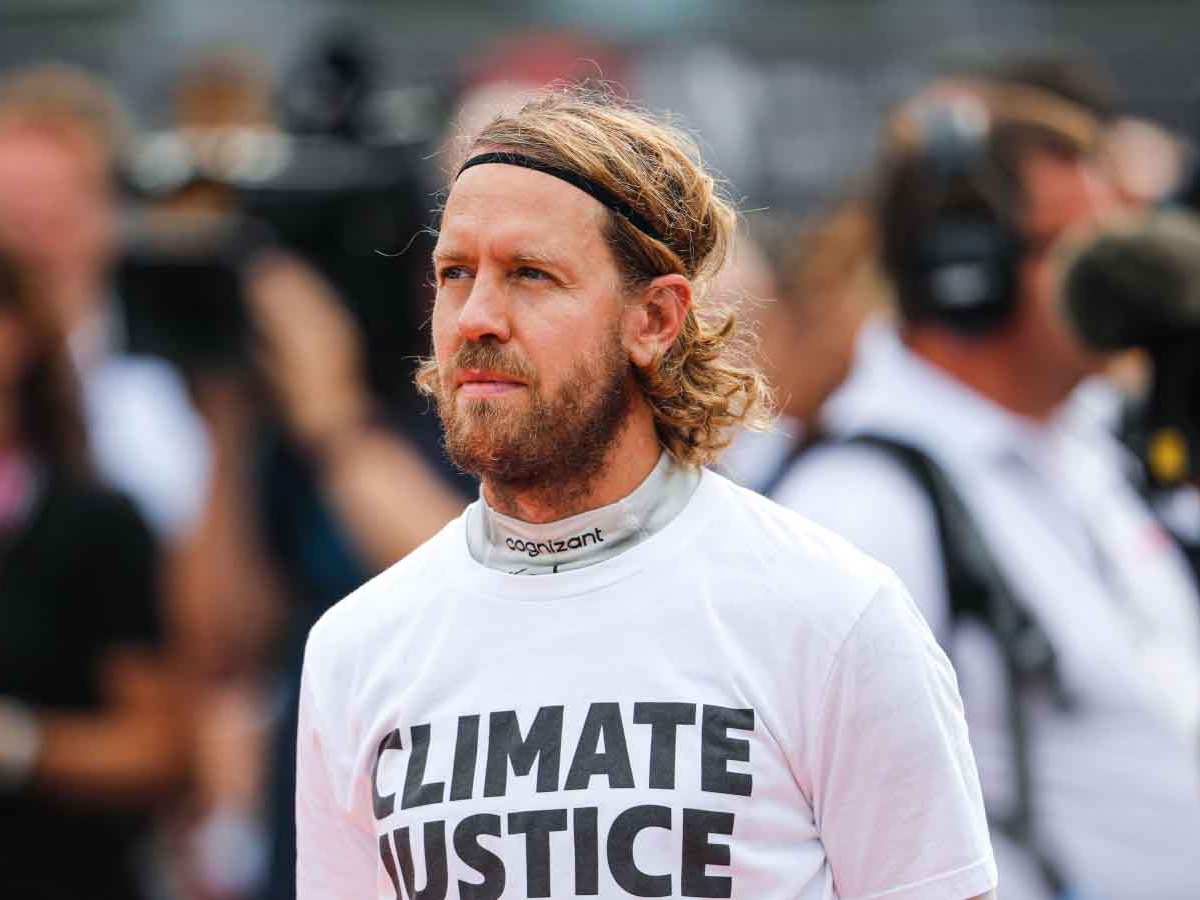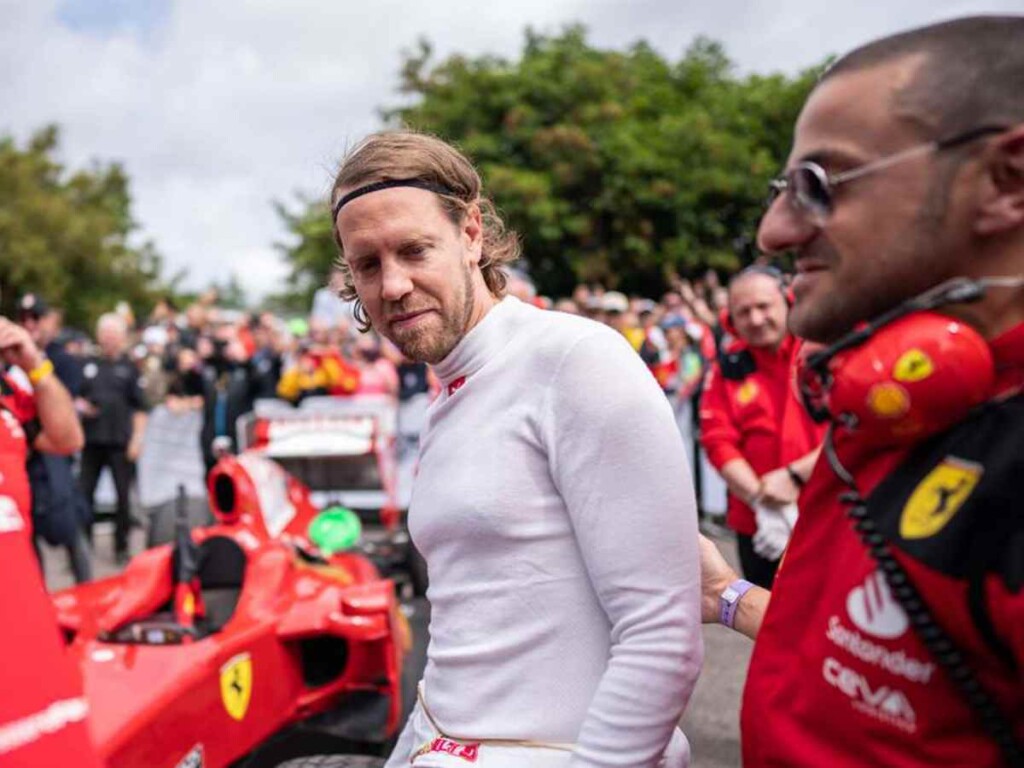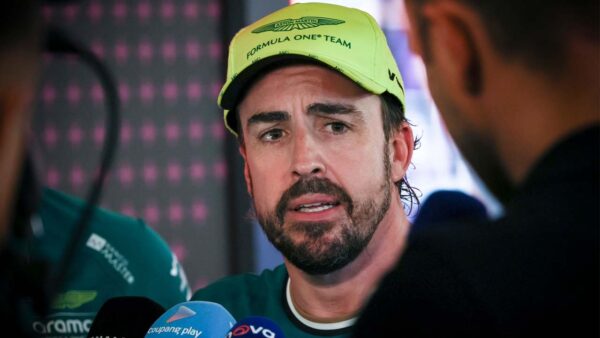Sebastian Vettel claims that F1 is at risk of getting cancelled by governments across the world
Sebastian Vettel promotes sustainability at the Goodwood Festival with his 'Race without a Trace' initiative.

Sebastian Vettel for climate change awareness (Credits: PlanetF1)
🔍 Explore this post with:
Four-time F1 world champion Sebastian Vettel has expressed his concerns over the potential future cancellation of the sport by governments due to its carbon emissions. Vettel’s remarks shed light on the urgent need for sustainability improvements in F1 to ensure its survival amidst the worsening climate crisis.
Sebastian Vettel’s apprehension arises from the undeniable link between extreme weather events and the changing world, as evidenced by the Emilia Romagna Grand Prix’s cancellation and the Goodwood Festival of Speed disruption. He emphasizes the importance of acknowledging the impact of the climate crisis on our lives and recognizing that the world is changing rapidly.
“It’s not so much the threat that people might glue themselves onto the track on a race day or maybe at Goodwood, it’s more the threat that at some point governments will be looking at things that they can cut and ban and maybe motorsport is at threat and might be one of them,” warns Vettel. His concern goes beyond individual acts of protest and focuses on the possibility of governments deciding to eliminate motorsport due to its carbon footprint.
Vettel’s advocacy for sustainability is evident through his “Race without a trace” initiative, where he showcases his own classic F1 cars, including a Williams FW14B and a McLaren MP4/8, running on sustainable fuels. This campaign aims to demonstrate that fun and responsible racing can coexist harmoniously.
Discover: WATCH: F1 legend Sebastian Vettel’s epic return steals the spotlight at Goodwood Festival of Speed
Sebastian Vettel wonders to what degree F1 technology is being adopted by road cars

F1, recognizing the urgency of the climate crisis, has already taken significant steps towards sustainability. The Formula 1 Sustainability Strategy outlines its commitment to achieving Net Zero Carbon by 2030 and creating a more diverse and inclusive sport. F1 is actively developing 100% sustainable fuel, and they will use it in their vehicles from 2026, aligning with the next-generation hybrid engines.
The four-time champion’s concern extends beyond the immediate impact of carbon emissions from the cars. He acknowledges that F1, as a major event attracting hundreds of thousands of spectators, bears a significant responsibility. In the pursuit of sustainability, we must consider the race organizers, logistics, and even the consumption patterns of attendees.
While F1’s commitment to sustainability is commendable, Vettel questions the extent to which technology transfer between Formula 1 and road cars truly occurs. The German says he is “not sure how much of that transfer is happening. Certainly, there are a lot of lessons learned.” He ponders whether F1 should undergo reevaluation as a heritage—a form of culture, art, and entertainment—considering the potential scenario where future mobility advancements might surpass the contributions of F1 to road car technology.
Furthermore, Vettel highlights the cost disparity between the sustainable fuel he uses in his classic premier open-wheel championship cars and the more expensive fuels employed in modern F1. While the financial impact may not concern F1 directly, it can make a significant difference in other racing categories, particularly for private and amateur racing.
In case you missed it:
- “I hope people see that too,” Ex- F1 champ Sebastian Vettel defends Nyck De Vries following shock AlphaTauri exit after 10 races
- Lewis Hamilton and George Russell are the only drivers who could ANNOY Max Verstappen, claims Ralf Schumacher







